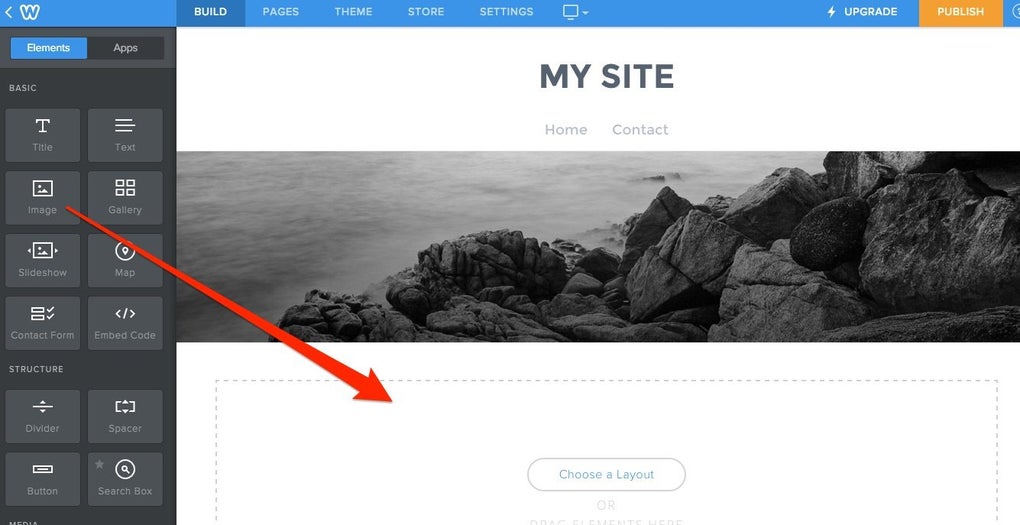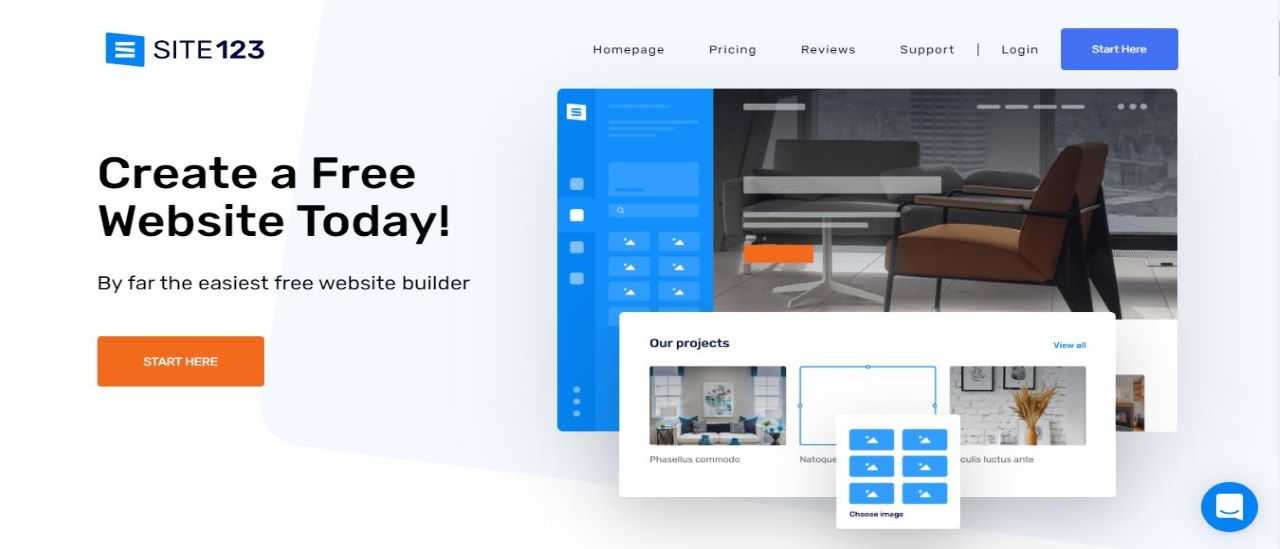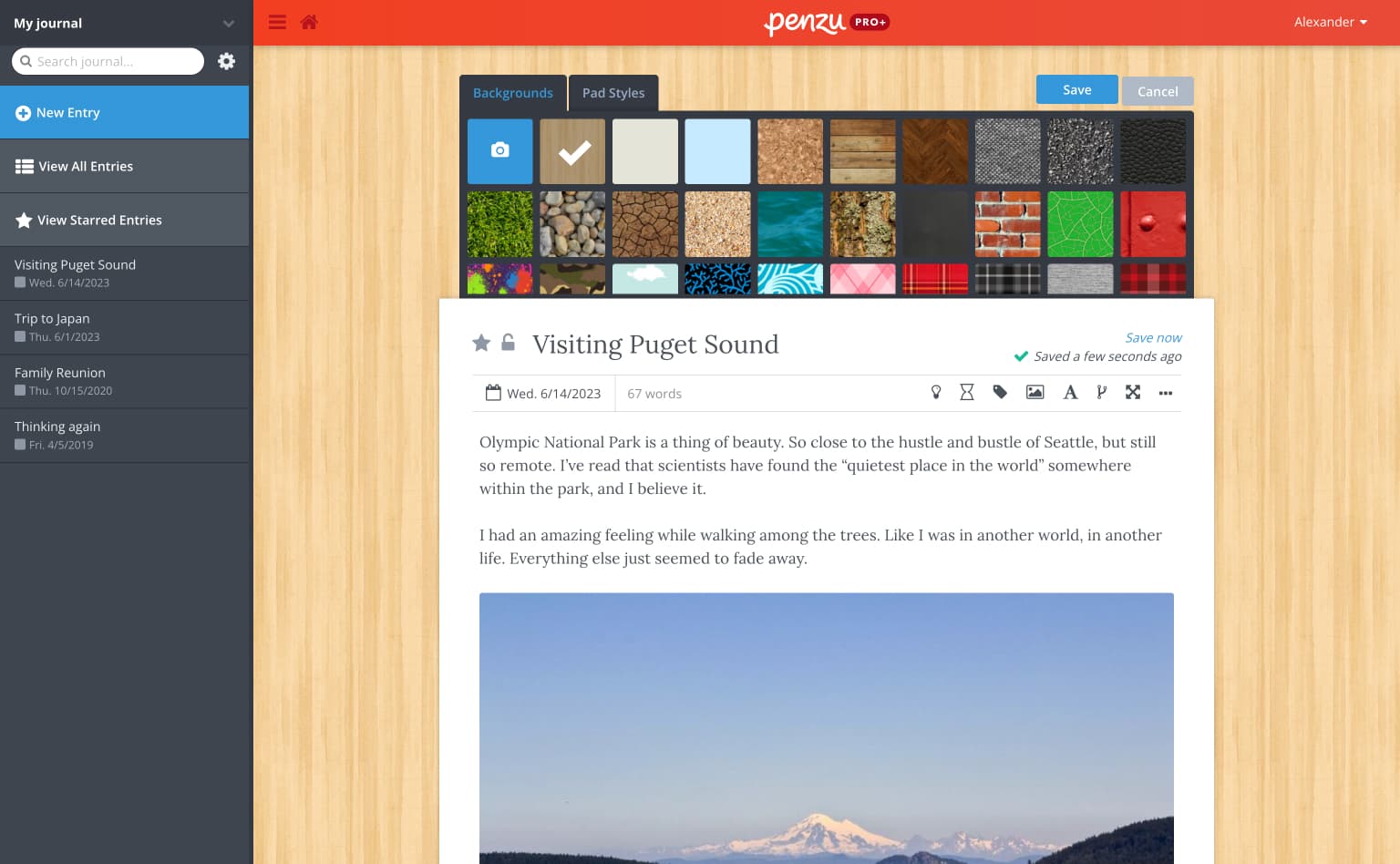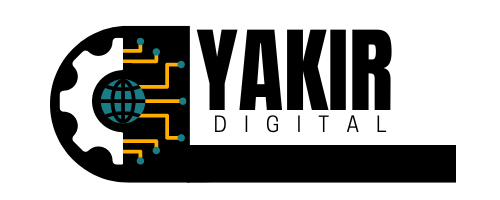Are you ready to explore free blogging platforms but feeling overwhelmed? You’re not alone! A recent survey by Blogging.org found that 60% of new bloggers struggle when choosing a platform. But here’s the good news: over 70% of successful bloggers started on free platforms!
In this comprehensive guide, we’ll explore the 10 best free blogging platforms for beginners in 2024. Whether you’re a budding writer, passionate hobbyist, or aspiring entrepreneur, we’ve got you covered. From user-friendly interfaces to powerful customization options, we’ll help you find the perfect launchpad for your blogging journey.
So, grab a cup of coffee, and let’s dive into the exciting world of free blogging platforms!
What Are Free Blogging Platforms?
Before we jump into our top picks, let’s clarify what we mean by “free blogging platforms.”
Free blogging platforms are online services that allow users to create and publish blogs without any upfront costs. These platforms typically offer:
- Easy-to-use interfaces for creating and managing content
- Pre-designed templates for quick setup
- Basic hosting services
- Essential features for beginner bloggers
While they’re great for starting out, it’s important to note that free platforms often have limitations compared to paid options. However, for beginners, they offer an excellent way to test the waters without financial risk.
According to “Blogging.org”, 43% of bloggers start on free platforms before transitioning to paid options as their blogs grow. This approach allows you to learn the ropes and build an audience before investing in more advanced features.
Top 10 Free Blogging Platforms for 2024
Now, let’s dive into our curated list of the best free blogging platforms for beginners in 2024. We’ve analyzed user reviews, feature sets, and overall popularity to bring you this comprehensive comparison.
1. WordPress.com

WordPress.com is the hosted version of the world’s most popular content management system. It offers a user-friendly interface with a vast array of themes and plugins, making it suitable for blogs of all sizes.
- Versatile and scalable
- Extensive plugin library (on paid plans)
- Large community for support
- SEO-friendly structure
- Limited customization on free plan
- WordPress.com branding on free sites
- Storage limitations (3GB on free plan)
Best for: Bloggers who want a powerful platform with room to grow
Learn more: WordPress.com Features
2. Blogger
Blogger owned by Google, Blogger is one of the oldest blogging platforms still in use. It’s known for its simplicity and reliability, making it an excellent choice for beginners.
- Easy to use, especially for beginners
- Google integration (Analytics, AdSense)
- Reliable hosting with no storage limits
- Free custom domain option
- Limited design options
- Somewhat outdated interface
- Fewer modern features compared to competitors
Best for: Beginners looking for a simple, no-frills blogging experience
Explore Blogger: Blogger Features
3. Medium
Medium is a minimalist blogging platform that focuses on clean design and quality content. It’s ideal for writers who want to reach a built-in audience.

- Clean, distraction-free interface
- Built-in audience and distribution
- Monetization through Partner Program
- Excellent mobile experience
- Limited customization options
- Less control over your content
- No custom domain on free plan
Best for: Writers focused on reaching a broad audience quickly
Join Medium: Medium for Writers
4. Wix
Wix is a versatile website builder that includes blogging capabilities. It’s known for its intuitive drag-and-drop interface and beautiful templates.

- Intuitive drag-and-drop editor
- Beautiful, modern templates
- Strong SEO tools
- App market for additional features
- Limited storage on free plan (500MB)
- Wix ads displayed on free sites
- Can be overwhelming with too many options
Best for: Visual-oriented bloggers who want design flexibility
Try Wix: Wix Blog
5. Weebly
Weebly is another popular website builder that offers blogging features. It’s user-friendly and includes e-commerce capabilities, making it great for bloggers who might want to sell products.

- User-friendly interface
- Mobile-responsive designs
- Basic e-commerce features
- SSL security included
- Limited free features
- Weebly branding on free sites
- Less blogging-focused than some competitors
Best for: Bloggers who might want to sell products in the future
Get started: Weebly Blogging
6. Ghost
Ghost is a modern, open-source blogging platform focused on simplicity and performance. It’s designed for professional publishers and journalists.

- Clean, minimalist design
- Excellent writing experience
- Built for professional publishers
- SEO-friendly
- Self-hosting required for free version
- Steeper learning curve than some alternatives
- Limited themes on free plan
Best for: Professional bloggers and journalists looking for a powerful, no-frills platform
Explore Ghost: Ghost.org
7. Tumblr
Tumblr is a microblogging platform that’s particularly popular among younger users. It’s great for sharing multimedia content and building a community.

- Easy multimedia sharing
- Strong community features
- Mobile-friendly
- Simple to use
- Limited customization options
- Younger target audience
- Less suitable for long-form content
Best for: Creatives and hobbyists who want to share mixed media content
Join Tumblr: Tumblr.com
8. Site123
Site123 is a simple website builder that includes blogging features. It’s designed to be extremely easy to use, even for complete beginners.

- Very easy to set up
- Responsive designs
- Multilingual support
- 24/7 live chat support
- Limited design flexibility
- Site123 branding on free plan
- Basic blogging features
Best for: Absolute beginners who want to start a simple blog quickly
Try Site123: Site123.com
9. Joomla
Joomla is a powerful content management system that can be used for blogging. It offers more flexibility than some other platforms but has a steeper learning curve.

- Highly customizable
- Extensive extensions available
- Strong multilingual support
- Active community
- Steep learning curve
- Self-hosting required
- Can be complex for simple blogs
Best for: Tech-savvy users who need a versatile platform for complex websites
Get started with Joomla: Joomla.org
10. Penzu
Penzu is a free online diary and personal journal. It’s focused on private journaling but can be used for public blogging as well.

- Focus on privacy and security
- Clean, distraction-free writing interface
- Available on mobile devices
- Military-grade encryption for entries
- Limited social sharing features
- Basic design options
- More suited for personal journaling than public blogging
Best for: Writers who prioritize privacy and simple, focused writing
Start journaling with Penzu: Penzu.com
How to Choose the Right Free Blogging Platform
With so many options available, choosing the right platform can feel overwhelming. Here are some factors to consider:
- Ease of use: If you’re a complete beginner, prioritize platforms with intuitive interfaces like WordPress.com or Wix.
- Customization options: Consider how much control you want over your blog’s design and functionality.
- Scalability: Think about your long-term goals. Platforms like WordPress.com offer room for growth.
- Content type: If you plan to share a lot of visual content, consider platforms like Tumblr or Wix.
- SEO features: Look for platforms that offer built-in SEO tools to help your content get discovered.
- Community and support: Platforms with large user bases often have better resources and community support.
Tips for Success on Free Blogging Platforms
- Consistency is key: Publish content regularly to keep your audience engaged.
- Optimize for search engines: Use relevant keywords and optimize your post titles and meta descriptions.
- Engage with your audience: Respond to comments and interact with other bloggers in your niche.
- Promote your content: Share your posts on social media and relevant online communities.
- Focus on quality: Even on a free platform, high-quality content will help you stand out.
- Learn from analytics: Use the platform’s analytics tools to understand what content resonates with your audience.
Conclusion:
Starting a blog doesn’t have to be expensive or complicated. These 10 free blogging platforms offer a range of features to suit different needs and skill levels. Whether you’re a hobby writer, aspiring influencer, or budding entrepreneur, there’s a platform that can help you share your voice with the world.
Remember, the most important factor in blogging success is not the platform you choose, but the value you provide to your readers. So pick a platform that feels right for you, start creating content, and let your unique perspective shine!
Are you ready to start your blogging journey? Which platform appeals to you the most? Share your thoughts in the comments below!





![How to Write Engaging Blog Posts: A Beginner’s Guide [10 Tips for 2024]](https://yakirdigital.com/wp-content/uploads/2024/07/Yakir-Digital-Feature-Image-1-768x402.jpg)

